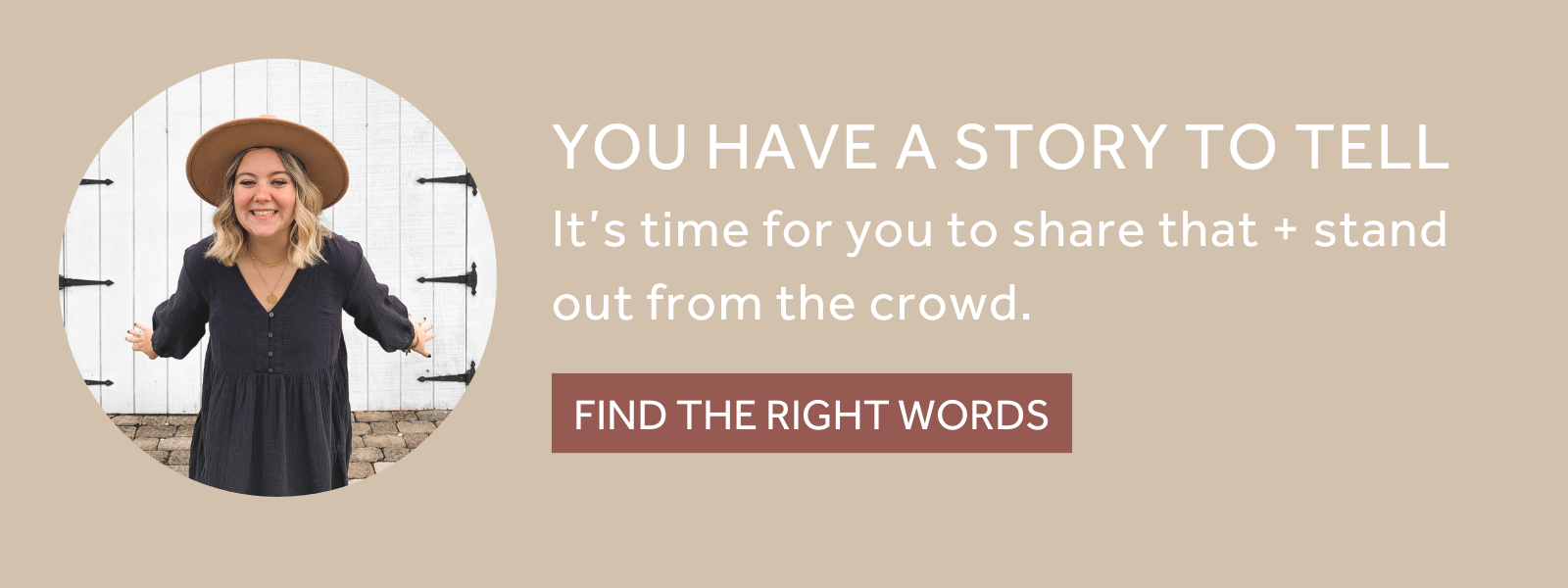6 SEO Questions to Ask Before You Write Your Blog Post
Before you write hundreds of words and invest hours into your next blog post, ask yourself these 6 questions to clarify how that content can get found on Google and turn your readers into customers.
1. Why does this matter to my audience?
If your reason for writing is “because I post every Monday,” don’t write it. Or, if you’re writing it because the blog post idea came to you in a dream, don’t write it. Ultimately, if you can’t identify why you’re writing the blog post, don’t write it. There needs to be a purpose.
Instead of writing blogs about your dreams, or to create content, take time to provide value.
People interested in your industry or niche will never be sick of content that’s valuable. So take time to pinpoint the exact problem you’re solving for your reader by writing this post. That is the foundation for valuable content.
2. What knowledge does your audience have on this topic?
Based on your audience’s experience with the topic, you may need to define terms or write differently to make it understandable.
Instead of writing what you want to write, make your blog about your audience and what they need!
When you consider your audience’s knowledge on the topic, you can make sure they’ll understand what you’re writing. And you can ensure your language isn’t beneath or above their knowledge of the topic.
3. How is your blog different from existing posts on the topic?
It’s time for a tough-love moment: you’re probably not the first person to write about this topic. There is so so so much information out there, and hundreds (if not thousands) of people in your industry. And that’s okay!
But you (yes you!) have a unique point of view to share with your audience. You bring a unique perspective to your industry, think about topics differently, and even solve problems differently. And the world needs to hear your perspective!
So take a minute to look around. See what’s being written in your industry and figure out what’s missing. Then review what’s already on your blog and find the gaps and missing pieces you need to share with people. Think of a new angle or approach to something that’s already said, and how that new approach could help your ideal customer.
For example, I am definitely not the first person to write about blogging. And I’m sure I won’t be the last. There are 10 billion search results for “how to blog.” But I help people helping others create content that builds an engaged audience. That’s very different from personal blogging, fashion or lifestyle blogging, or other long-tail keywords that show up in those search results.
4. How will I promote my post?
You’re planning on writing content for your audience and providing lots of valuable information. Let’s make sure your audience is seeing it!
How does your audience consume information? Is it through social media and, if so, which channels—LinkedIn, Facebook, Twitter, etc.?
You’ll also want to determine if the content is worthy of paid advertising on any of these channels to generate more interest.
Or does your target audience prefer email newsletters? Your blog platform should have a sign-up form for readers to subscribe so that when a new blog is posted, they’ll automatically be notified.
A combination of promotional efforts is likely the route to go.
5. How can it help me if somebody finds this?
Once you know how to reach your audience, think about how it helps you!
If you’re writing to support or promote your business, you’re not writing out of the goodness of your heart. You need the content to do some work! You need it to convert.
I believe that everything on your website should help lead the reader to become a customer eventually. If it doesn’t do that, it’s not good marketing, and writing all this content is wasting your time.
So what is this blog post helping you sell?
Quick note, you don’t have to sell directly from the post. Let me be super clear here. Don’t expect to make a sale directly from one contact with a reader.
The blog post you’re writing should showcase what makes you different from other people talking about this. And this blog post should make the reader want to get to know you better and start them down the road to hiring or buying from you.
So what’s the end product or service that somebody reading this post needs?
For example:
Most of my blog posts support my copywriting services and social media resources. So while you’re reading this blog post, I want to show to you that I’m an expert in my field, and I know how to use blog copy to convert. And more importantly, I can help your business do the same.
If this blog isn’t accomplishing that goal of helping me gain brand awareness and help you to trust me as an expert, then it’s not doing its job.
6. What do I want the reader to do after reading?
So what’s the primary goal of this post? What will be the call-to-action for the reader to thank you for sharing your unique insight?
If you’re selling services or products, do you want them to sign up for your email list, join your private Facebook group, or book a discovery call?
Whatever action you want a reader to take, you have to ask! Make sure everything you write is leading to that call-to-action (CTA).
So it’s time to assess.
How are your blog posts stacking up? Are they providing value to your audience and leading them down the path to a sale?
Need help creating or editing SEO blog posts? I can help!






I’m a wife, mom, and storyteller who has spent more than five years helping 100+ brands with their marketing. I’m here to tell stories with heart, and empower other women to boldly share theirs.